Ohio Farm Bureau supports legislation encouraging ag career awareness for urban youth
Introduced by Sen. Paula Hicks-Hudson, SB 120 would establish the Urban Farmer Youth Initiative Pilot Program.
Read MoreUnder HB 397, notice must be given by Sept. 1 to terminate a farm lease, and the lease will terminate at the conclusion of harvest or Dec. 31, whichever comes first. Editor's Note: This article was reviewed and updated in June 2025.
Roughly 40% of Ohio’s farmland is not owned by the person who farms it. Instead, farmers use land leases to collect suitable land on which to operate their farms. Historically, these leases were accomplished by handshake deals between neighbors.
“While in many cases these less formal agreements work out just fine for both parties, we at Farm Bureau regularly talk to members where these handshake deals have gone awry,” said Amy Milam, Ohio Farm Bureau’s director of legal education and member engagement. “In many of those cases, the farmer ends up unable to access land that they have already significantly invested in and prepped for planting, or even worse, unable to harvest crops at the end of the growing season.”
According to Milam, this can often occur because of some change in the situation of the landowner – often it’s the passing of the original landlord and the transfer of land to other family members who wish to offload the property as soon as possible.
“While certainly we often talk with our members about the importance of putting these agreements in writing, the culture and custom of agricultural communities often overrides that best practice advice,” Milam said.
Signed into law by Gov. Mike DeWine in April 2022, HB 397 brought Ohio up-to-date with many of the state’s Midwestern neighbors who had already created statutory guardrails for farm leases.
Under this law, notice must be given by Sept. 1 to terminate a farm lease, and the lease will terminate at the conclusion of harvest or Dec. 31, whichever comes first. These guardrails would be applied in situations where the parties to the lease have not otherwise addressed the issue of termination notice in writing.
“What is important to note though is that every farmer and landowner that wishes to use different terms or agreements, still can by simply following the formal written lease procedure that is preferred under the law for leases of land,” Milam said. “By setting these guardrails, we can reduce confusion in the countryside and reduce the expensive and time-consuming litigation that often ensues from termination disputes.”
What is the proper way for a landlord to give notice of the termination of the lease?
Landlords must provide tenants with a written notice of the termination on or before Sept. 1 in the year the termination is to be effective. The notice can be delivered via personal delivery, fax or electronic mail.
When does the lease end when a landlord delivers the termination on or before September 1st?
When proper notice is given, the lease will end on the earlier of the following:
A landlord gave their tenant a notice of termination after September 1st, what happens now?
A notice of termination delivered after September 1st will not be effective and the tenant may choose to continue to use and occupy the land for another period. The law does not prohibit the use of an alternative arrangement as long as both the tenant and the landlord have agreed
Does the agricultural lease termination deadline apply to pastureland?
No! The agricultural lease termination deadline applies only to leases that concern the planting, growing and harvesting of crops. The law does not apply to agreements concerning the use of land for timber, pastureland, farm buildings, horticulture buildings, or leases solely for equipment.
Does the agricultural lease termination deadline apply to my written lease or agreement?
It depends! The law applies to agricultural leases that do not establish termination date or a method for terminating the lease. This can include written leases that have failed to include termination terms within the agreement of the lease.
Does this law affect the rental rate for agricultural land?
No, the law does not speak to the amount of rent, increases/decreases in rent, or any other payment terms. However, these are all things that are best put into writing so that both parties are clear on those terms.
This article is intended for educational purposes only.


Introduced by Sen. Paula Hicks-Hudson, SB 120 would establish the Urban Farmer Youth Initiative Pilot Program.
Read More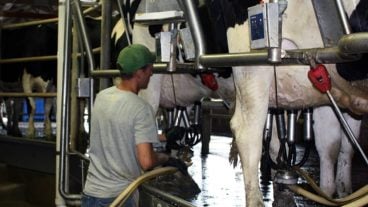
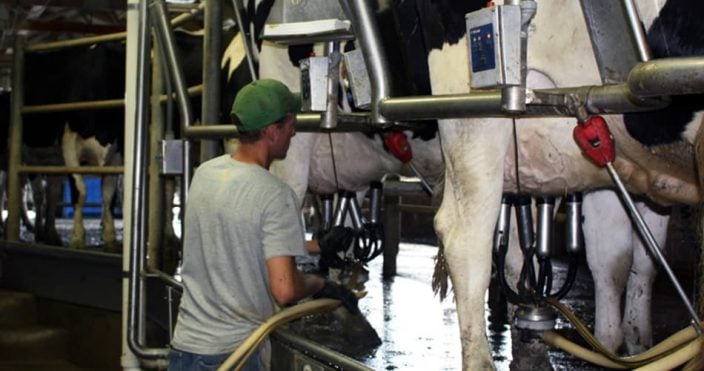
Join the Logan County Farm Bureau to learn more about pressing topics for your farms on Thursday, Feb. 26.
Read More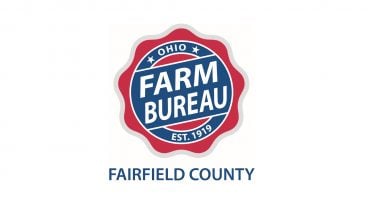
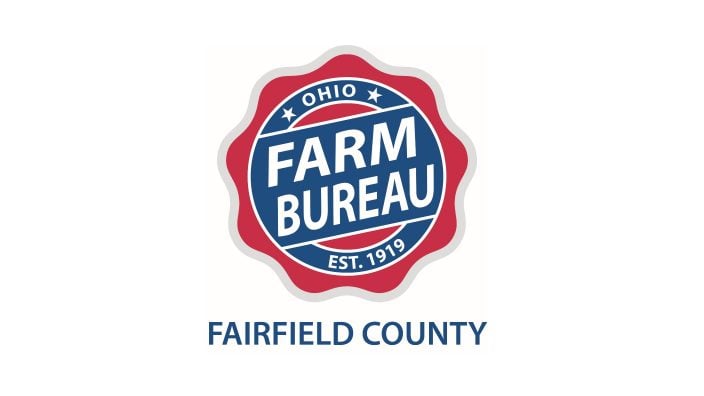
The meeting will take place Feb. 16, 2026, at 8 a.m. on the campus of Ohio University, Lancaster. RSVP by Feb. 12, 2026.
Read More

Leah Curtis joins this Legal with Leah to talk about what data centers mean for local communities and how to stay engaged in the development process
Read More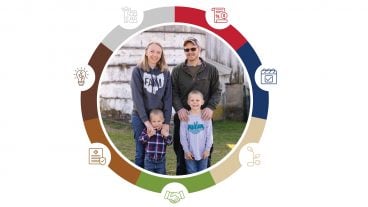
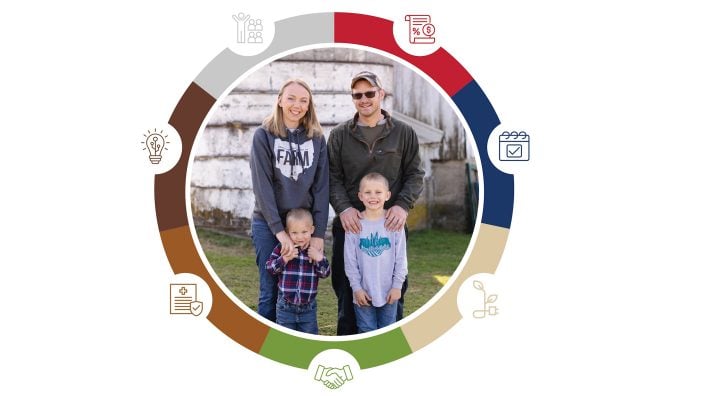
This 2025 By The Numbers report shares some of the public policy achievements and member programs that deliver value to all Ohio Farm Bureau members.
Read More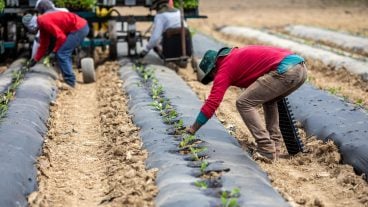
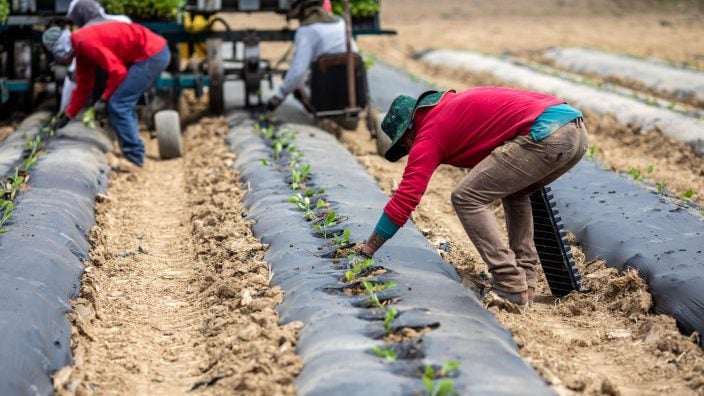
A recent state budget fix and a federal rule reform to H-2A have resulted in some relief for farmers who use the guest worker program.
Read More
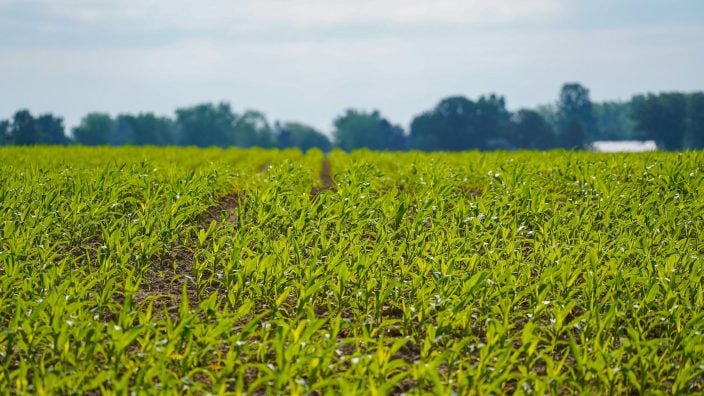
Ohio Farm Bureau advocated for a change in the law to allow family members and employees to handle pesticides while under the supervision of a licensed applicator. The rules around HB 10 are being finalized.
Read More

Four property tax reform bills were signed into Ohio law at the end of 2025. Ohio Farm Bureau Associate General Counsel Leah Curtis breaks down the bills and what the changes mean for Ohioans.
Read More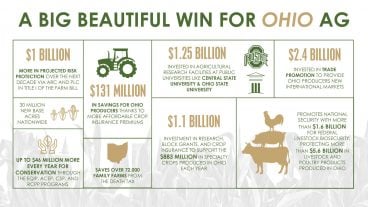
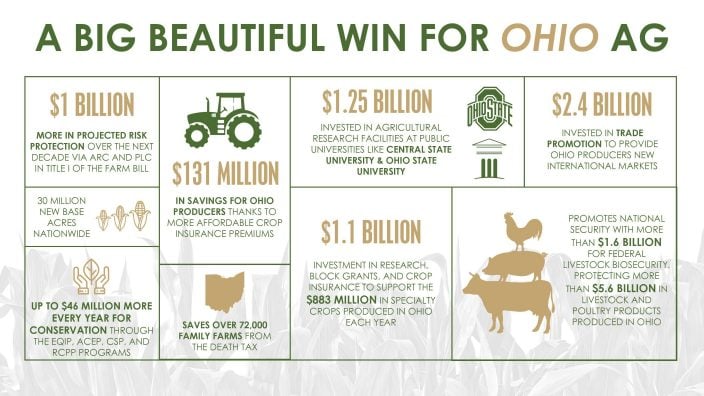
Overall, $65.6 billion from this aid package is projected to increase agriculture-focused spending over the next decade.
Read More

This evening is designed to bring local leadership and the agriculture community together for meaningful conversation about issues impacting Preble County and our rural communities.
Read More